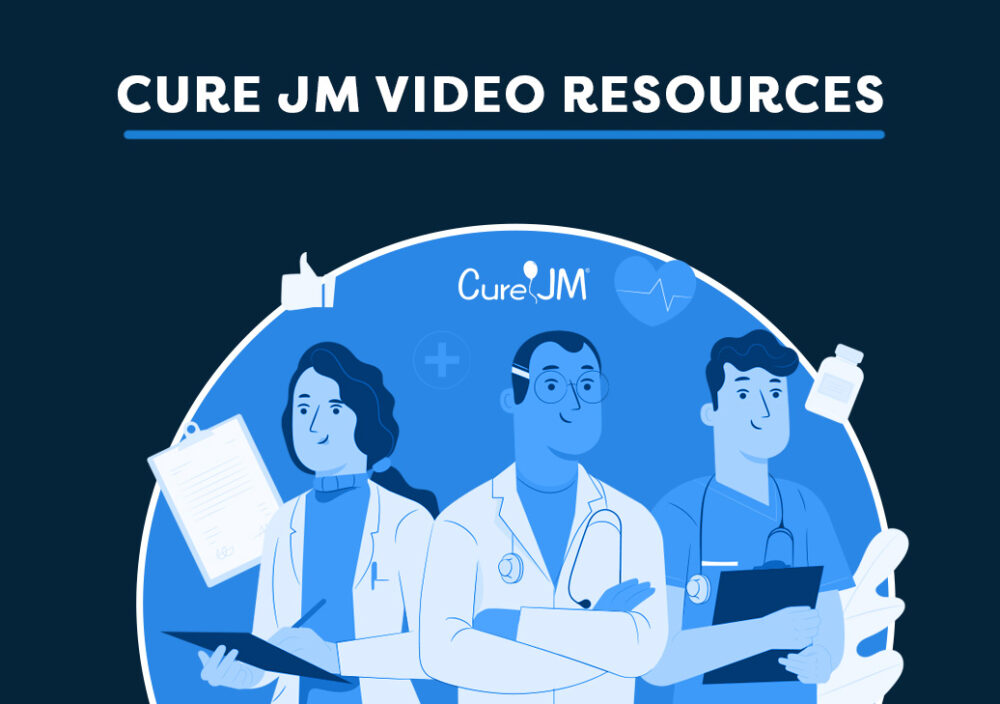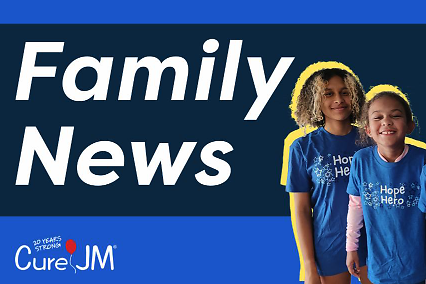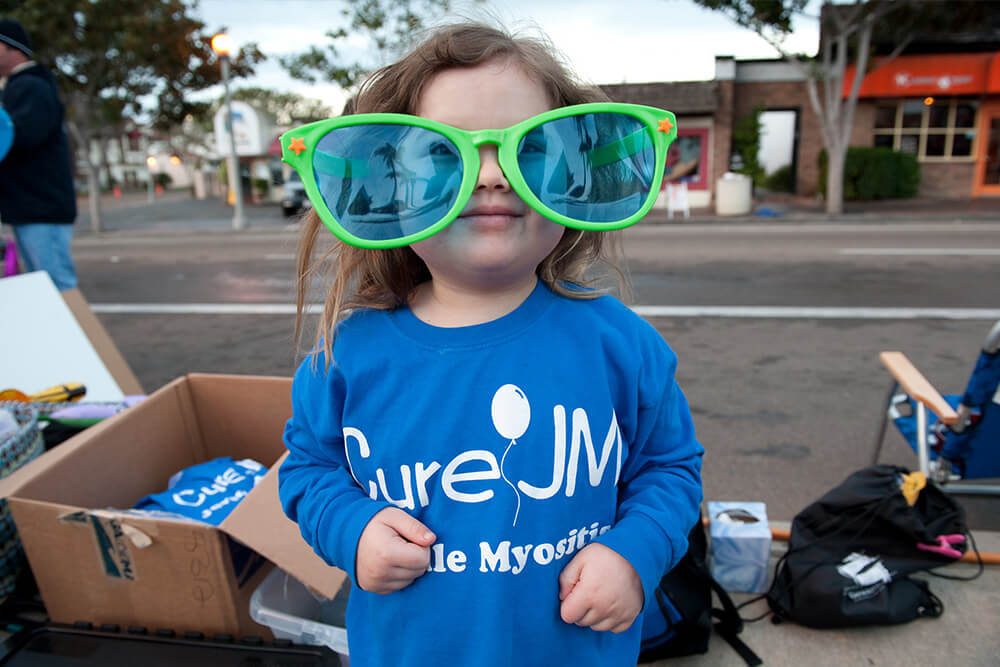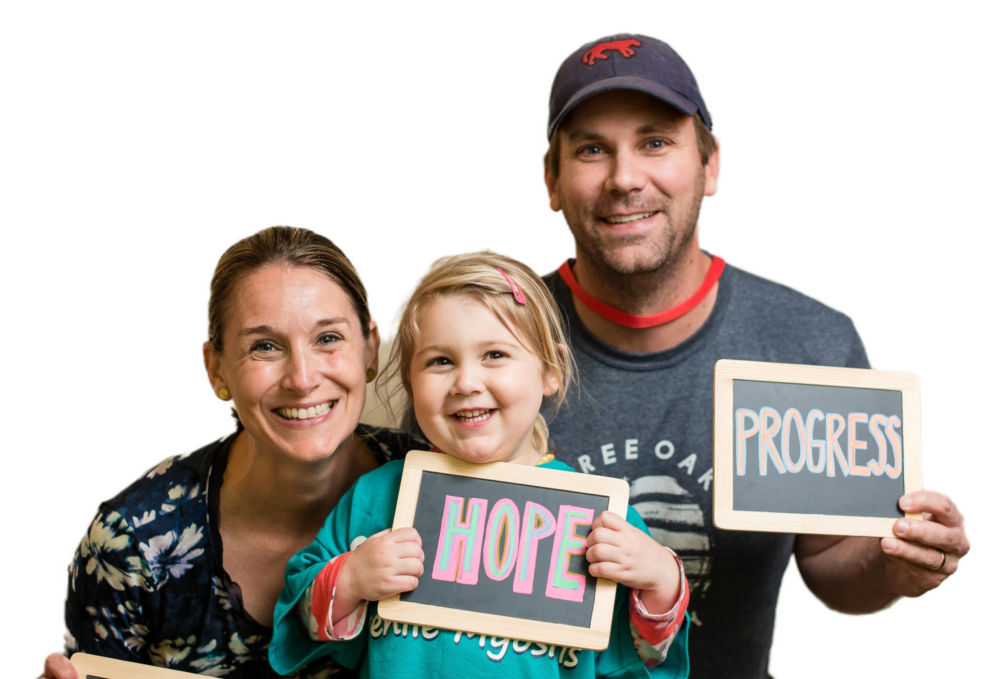The Cure JM Foundation produces a monthly newsletter with the latest news and updates about juvenile myositis. Please click below to read past issues of the Family News.

Video Resources
At Cure JM, we want all our information to be accessible to you and your family. We have compiled all of our video resources in one place for you to view at your leisure.



